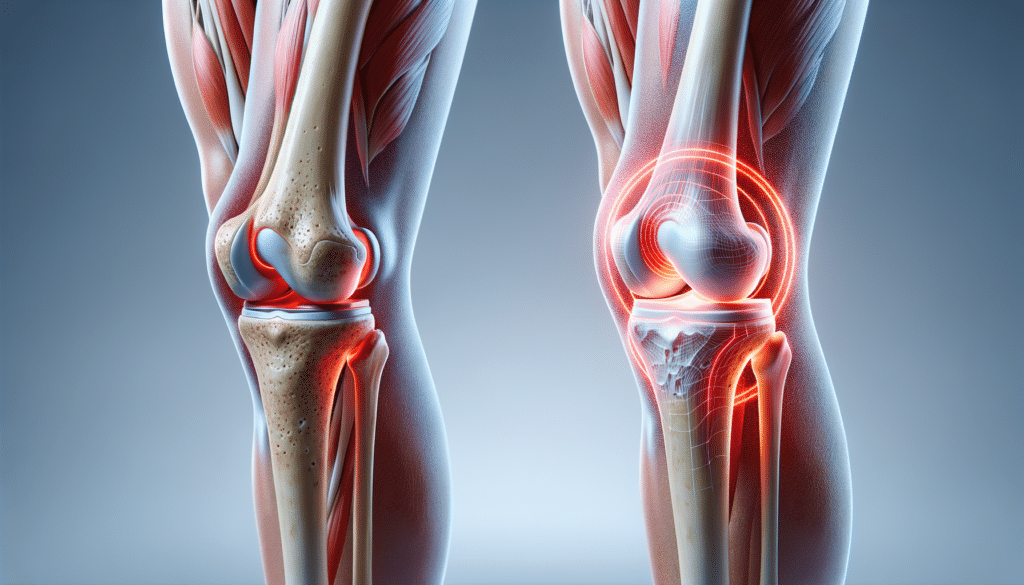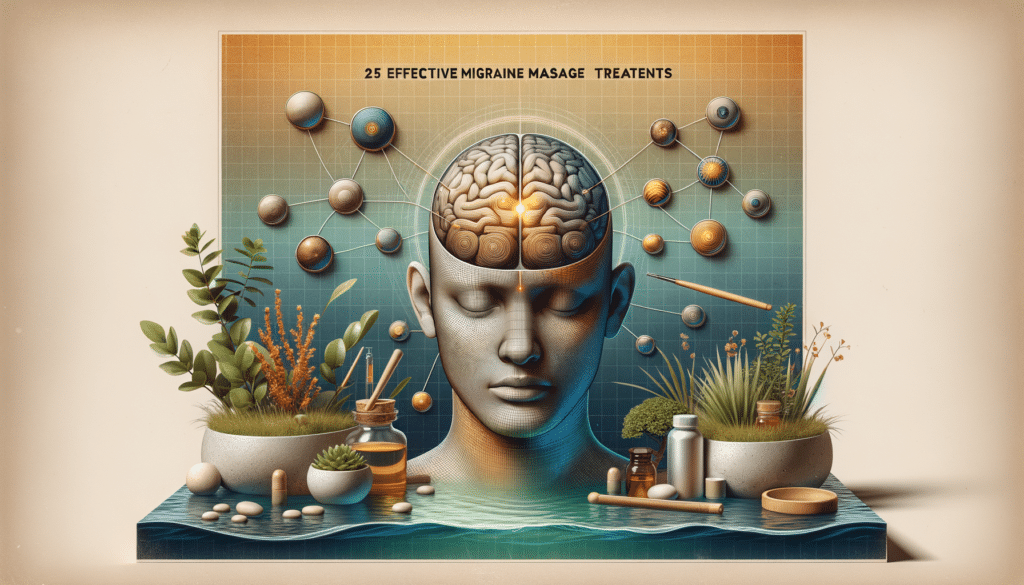Introduction to Tinnitus
Tinnitus is a condition that manifests as a ringing, buzzing, or hissing sound in the ears, which is not caused by an external sound source. This auditory phenomenon affects millions of individuals globally, causing varying degrees of discomfort and impacting daily life. The condition can be temporary or chronic, and its severity can range from a mild annoyance to a debilitating issue that affects concentration and sleep. Understanding tinnitus is the first step towards managing it effectively.
Causes and Diagnosis
Tinnitus can result from a variety of causes, making its diagnosis a complex process. Common causes include prolonged exposure to loud noises, ear infections, and age-related hearing loss. Additionally, certain medications, such as antibiotics and diuretics, can contribute to the development of tinnitus. To diagnose tinnitus, healthcare professionals typically conduct a thorough examination, which may include hearing tests, imaging studies, and a review of the patient’s medical history. Accurate diagnosis is crucial for determining the most effective treatment plan.
Conventional Treatment Options
Several conventional treatment options are available for managing tinnitus. These include:
- Sound Therapy: Using external noise to mask the tinnitus sound, making it less noticeable.
- Cognitive Behavioral Therapy (CBT): A therapeutic approach that helps patients manage the emotional response to tinnitus.
- Medications: While no specific medication can cure tinnitus, some drugs can help reduce its severity.
Each of these treatments has its advantages and limitations, and the choice often depends on the individual’s specific condition and preferences.
Innovative and Alternative Treatments
In addition to conventional treatments, several innovative and alternative approaches have gained popularity. These include:
- Transcranial Magnetic Stimulation (TMS): A non-invasive procedure that uses magnetic fields to stimulate nerve cells in the brain.
- Acupuncture: An ancient Chinese practice that involves inserting thin needles into specific points on the body to alleviate symptoms.
- Herbal Supplements: Some individuals find relief using supplements like ginkgo biloba, though scientific evidence is limited.
These treatments offer hope for those who have not found relief through traditional methods, though their effectiveness can vary widely.
Living with Tinnitus: Coping Strategies
For many, learning to live with tinnitus involves adopting coping strategies that minimize its impact on daily life. These strategies include:
- Mindfulness and Relaxation Techniques: Practices like meditation and yoga can help reduce stress and improve focus.
- Hearing Aids: For those with hearing loss, hearing aids can amplify external sounds, making tinnitus less prominent.
- Support Groups: Connecting with others who have tinnitus can provide emotional support and practical advice.
By integrating these strategies into their lives, individuals with tinnitus can enhance their quality of life and reduce the condition’s burden.
Conclusion
Tinnitus is a complex condition with a variety of potential causes and treatment options. While there is no one-size-fits-all solution, understanding the available treatments and adopting effective coping strategies can significantly improve the lives of those affected. Ongoing research continues to explore new avenues for relief, offering hope for a future where tinnitus can be managed more effectively.





